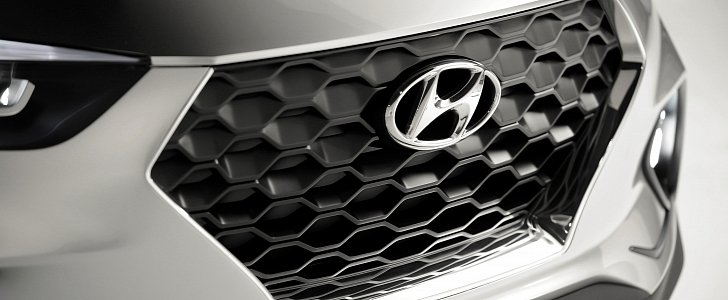Hyundai, the world’s fifth-biggest carmaker, suffered a significant drop in its net profit in 2015 compared to the previous year.
The South Korean company that includes Kia Motors expects 2016 to bring the lowest annual sales growth in a decade.
One of the reasons for Hyundai’s current situation is the Chinese market, where the company encountered a slowdown of deliveries that proved larger than the gains it achieved in other markets such as the United States, Europe, and South Korea.
The situation in China was reportedly caused by a shift in customer preference to SUVs and crossovers. Hyundai’s lineup does feature a few models from the SUV and crossover categories, but not enough to attain positive sales results in China, as it turns out.
Since the Chinese auto market is the world’s largest, it is easy to see how a poor result there can affect the overall outcome of a corporation as large as the Hyundai Motor Company.
According to Bloomberg, Hyundai’s profit in the last quarter of 2015 dropped for the eighth consecutive time, while operating income went down by 19% for the entire year. The company’s revenue did exceed internal estimates, but only by a small margin. The company’s shares suffered a decrease of 0.7 percent on the Seoul Stock Market.
Hyundai’s financial situation was also affected by unfavorable exchange rates in Russia and Brazil, which cut its earnings. Therefore, Hyundai expects 2016 to bring the weakest sales growth since 2006, along with another possible drop in profits.
For 2015, Hyundai’s profit fell for the third straight year. The South Korean carmaker also failed to reach its annual sales target for the first time in seven years.
Hyundai can only hope that emerging markets will attain more favorable exchange rates for the Korean Won in comparison with the local coin.
In the past, Japanese carmakers were also affected because of the unfavorable exchange rate of their Yen in export markets where they achieved good sales results. In some cases, the exchange rate was so poor that some companies ended up losing money in spite of achieving good sales results.
One of the reasons for Hyundai’s current situation is the Chinese market, where the company encountered a slowdown of deliveries that proved larger than the gains it achieved in other markets such as the United States, Europe, and South Korea.
The situation in China was reportedly caused by a shift in customer preference to SUVs and crossovers. Hyundai’s lineup does feature a few models from the SUV and crossover categories, but not enough to attain positive sales results in China, as it turns out.
Since the Chinese auto market is the world’s largest, it is easy to see how a poor result there can affect the overall outcome of a corporation as large as the Hyundai Motor Company.
According to Bloomberg, Hyundai’s profit in the last quarter of 2015 dropped for the eighth consecutive time, while operating income went down by 19% for the entire year. The company’s revenue did exceed internal estimates, but only by a small margin. The company’s shares suffered a decrease of 0.7 percent on the Seoul Stock Market.
Hyundai’s financial situation was also affected by unfavorable exchange rates in Russia and Brazil, which cut its earnings. Therefore, Hyundai expects 2016 to bring the weakest sales growth since 2006, along with another possible drop in profits.
For 2015, Hyundai’s profit fell for the third straight year. The South Korean carmaker also failed to reach its annual sales target for the first time in seven years.
Hyundai can only hope that emerging markets will attain more favorable exchange rates for the Korean Won in comparison with the local coin.
In the past, Japanese carmakers were also affected because of the unfavorable exchange rate of their Yen in export markets where they achieved good sales results. In some cases, the exchange rate was so poor that some companies ended up losing money in spite of achieving good sales results.

